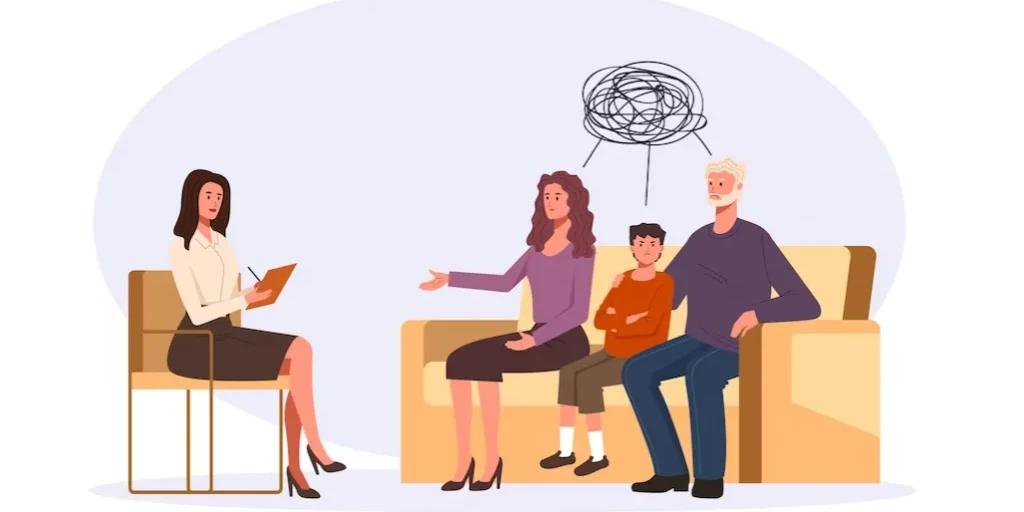24/7 Helpline:
(866) 899-221924/7 Helpline:
(866) 899-2219
Learn more about Group Therapy centers in Strongstown
Group Therapy in Other Cities

Other Insurance Options

WellCare Health Plans
Beacon

Providence

Self-pay options

Health Choice

Sliding scale payment assistance

Coventry Health Care

Covered California

Amerigroup

UMR

Ambetter

BlueCross

CareFirst

Holman Group

Humana

Magellan

Aetna

Oxford

Regence

Group Health Incorporated































